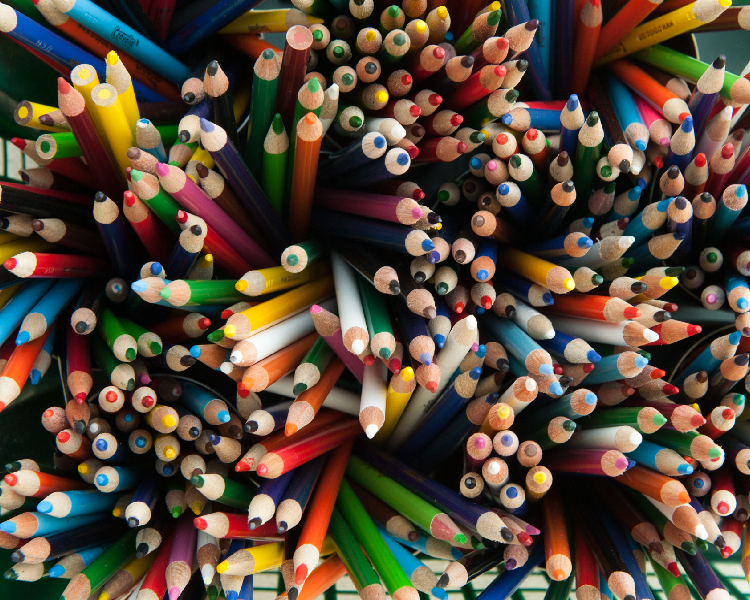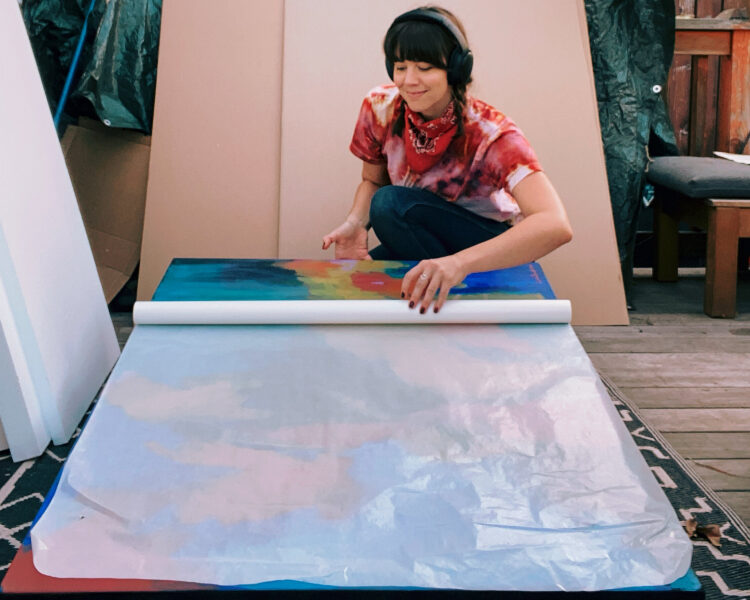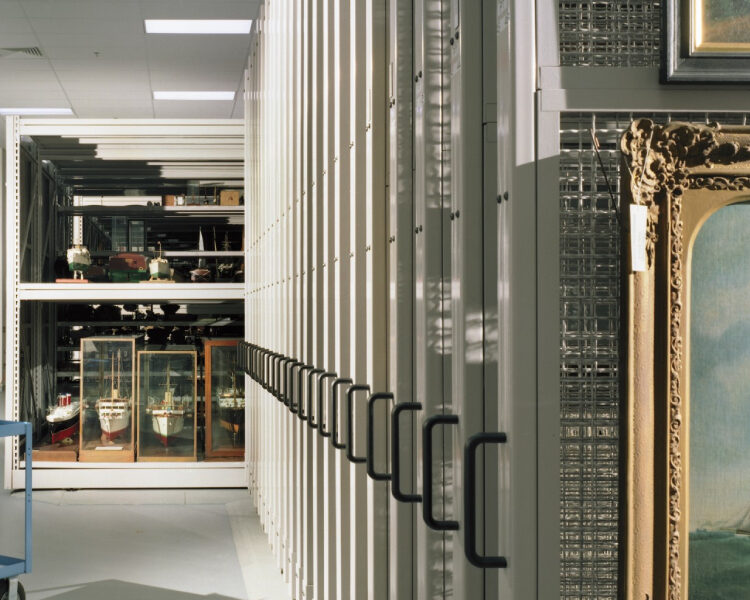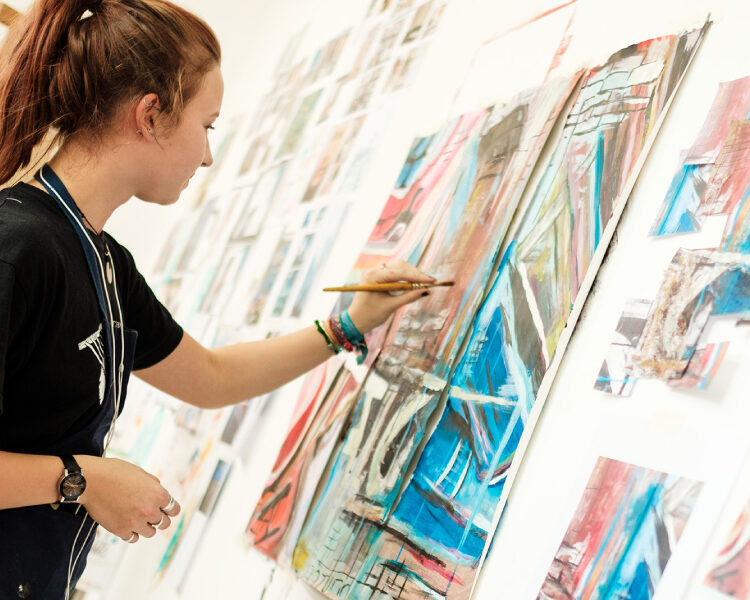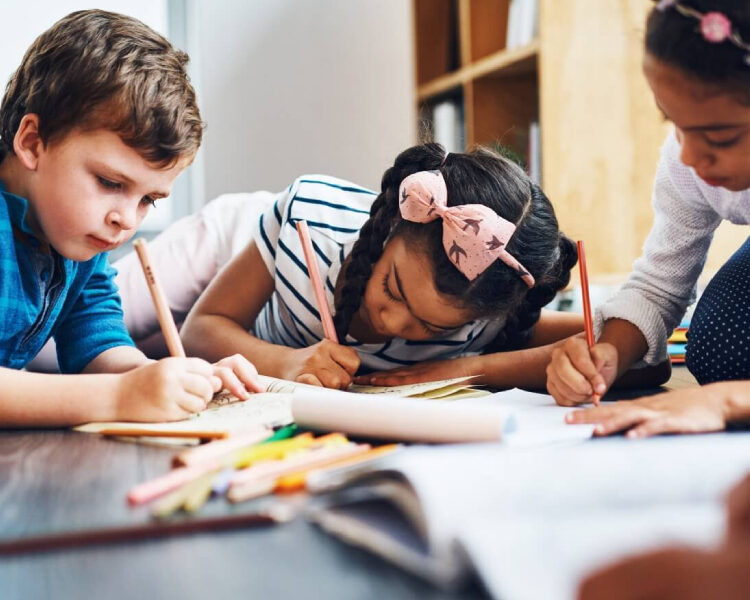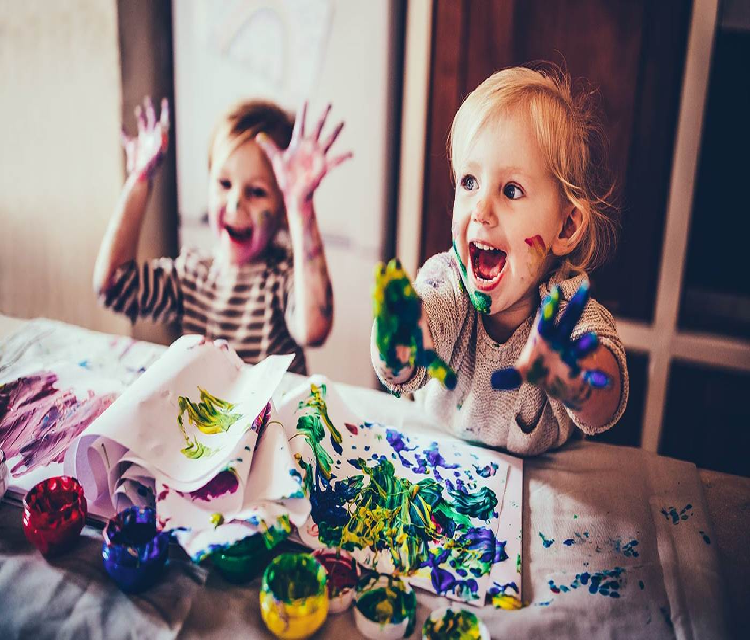
Creativity and imagination can help your child’s cognitive abilities, social relationships, and even problem-solving abilities.
When children fantasise, they envision a universe with no real bounds. This enables them to see things in a new light & seek solutions in novel ways. It also gives children the opportunity to express themselves and helps them to study how things actually work in their surroundings.
And this is just the tip of an iceberg when it comes to learning! Do you want to know how your children’s intellectual environment will affect their future? If that’s the situation, how can you assist him in expanding his imagination? Continue reading to find out more:
The Importance Of Creativity:
Creativity is essential during your children’s early years of development. Let’s see if it can help her learn and develop.
Encourages Social Interaction And Emotional Development:
Putting yourself in the shoes of others helps your child build social and emotional abilities. She tries to be more sympathetic & cooperative with everyone while yet keeping confident in herself. Crafts and pretend play also can help your child expand her boundaries by encouraging her to explore and attempt new things.
Contributes To The Growth Of Creativity & Cognition
Creativity helps children lay the foundations for life skills they will gain later in life. While reading, for example, may help your child visualise the plot, put a name to the character, and even prolong the story in his head. This improves children’s creative learning & cognitive development by boosting memory and enables them to absorb things creatively by viewing them as a story plot.
Assists In The Development Of Motor Skills:
Art & craft, pretend play, and merely playing outside are all examples of fine motor exercises for youngsters. Whether she’s dancing to her own beat as well as jumping over bushes outside, it improves her hand-eye synchronization and muscle memory. Playing with small cars and figures and also dress-up dolls can assist your child in self-regulating her movements and behaviour.
Improves communication skills
Through art education or creative play, children might act out scenes from books, films, or even exchanges with classmates. They strengthen their communication abilities as they experiment with language and engage in discourse with others. As children seek to learn, listen, imagine and adapt, their listening skills improve.
Critical Thinking & Problem-solving Skills Are Improved:
When children play, they imagine a world beyond physical constraints. They create visual images that enable them to freely explore their thoughts. This promotes critical thinking in youngsters and aids in the development of problem-solving skills, helping them to come up with new ideas and solutions.
Makeup scenarios and urge others to act them out.
When your child plays, he usually pretends to be a person he has yet heard about. Make situations for him to play with to help him broaden his imagination. Play like a school, a doctor, an astronaut, a house, a superhero, or whatever you can think of. Select a role for yourself and react to any inquiries he may have.
Toys That Really Are Simple & Open-ended Are Best:
If your child loses interest in toys after a few days, it’s time to switch to open-ended games that can be used in a number of ways and also don’t require much of the time. Whiteboards, play dough, h building blocks, simple wooden blocks, and toy animals will keep your toddler entertained for hours.
Take Note Of Your Child’s Suggestions:
Pay careful attention to how your youngster builds his or her imaginative world as he or she builds a story about his or her toy or playthings. When he wants a break, let him choose what he wants to play or discuss different game ideas with him. Organize family brainstorming sessions & encourage your children to participate to show that expressing ideas is not really a scary experience.
Provide Constructive Feedback:
When interacting with your child, avoid becoming a judge by behaving as a cheerleader. Give your child positive feedback to encourage his or her creation. That’s not realistic or perfect, but it’s the product of his mind. Giving children time and space for unstructured play allows them to imagine and create.
Finally, next time your child picks up the building block & turns to look at you, set aside your obligations and settle down with him after some playtime. The responsibilities can wait; it’s his creativity that needs to be nurtured. His ingenuity and vision have the potential to change the world.


